The only special care you need to take of your penis and testicles is washing them with soap and warm water every day or two. Clear away any smegma (a whitish cheesy substance that collects around the glans), especially if you are uncircumcised. Also, it’s good to get in the habit of checking your testicles once in a while, lying down, to feel for any changes or lumps, just as a girl does when she checks her breasts.
Of course, things may come up that a doctor should look at. Some of the signals that should send you to a clinic or doctor are:
- An open sore or persisting sore spot around your penis
- A burning feeling when you urinate
- An undescended testicle
- Discharge (pus or whitish fluid) coming from the end of your penis
- A pain in your testicles that doesn’t go away
- A lump that wasn’t there before.
Many of these things are more likely to happen once you are sexually active. They may be a sign of STD-sexually transmitted. An STD is an infection you pick up from a sexual partner and could pass on to someone else. You should find a doctor you feel comfortable with to talk about your concerns. You may want a friend to go with you.
Some of the common problems that boys experience include:
Discharge from Your Penis: this is a common problem, which may have a number of causes. Always have yourself checked by a doctor, because a discharge might be a sign of gonorrhea (if you are at all sexually active) or urethritis, which is an infection in the urethra. These diseases require antibiotic treatment.
Pain in the Genital Area: pain in the groin or genital area can be caused by many things. It might be a swollen lymph gland or hernia or an infection. If it lasts more than a day or two you should have it checked by a doctor. Sometimes when you stay sexually aroused for an extra-long time without ejaculating, you’ll feel a painful discomfort around your testicles. It will go away by itself after a while, and it is certainly no reason to feel you have to talk someone into having sex with you.
Undescended Testicles: ordinarily, a boy’s testicle must descend shortly before or after his birth. Sometimes, especially in the case of premature babies, the testicles do not descend for several months.
When they have not descended by themselves, the condition can be corrected by surgery or hormone treatment.
When one of your testicles has descended only partway, it can become twisted and cause you a great deal of pain. An operation is called for to untwist the cord that supplies blood to the testicle. If you have pain in your testicles that hasn’t been caused by an immediate injury, or if you have been hit in the testicles and the pain lasts for a very long time, see a doctor.
Testicular cancer: it is very rare for teenagers to have a problem with cancer. But since cancer of the testicles can occur, it is a good idea for you to get into the habit of examining your testicles, just the way a girl has to learn to examine her breast. Lie down and gently feel around the entire area to see if anything is out of the ordinary. You can also examine the testicles when taking your bath. Feel each testicle separately. If you find any lumps, you should have them checked by a doctor. They are probably cysts, which will go away by themselves, but they ought to be looked at by someone with experience and knowledge. When you start examining yourself regularly, you become the best expert on how your body looks and feels normally.
Jock Itch, or Jock Rot: If you have itching and a damp feeling in your genital area, you may have jock itch. The skill will be sore and red around your testicles and on the inside of your thighs, and it usually will itch a lot.
Jock itch can be caused by wearing clothes that are too tight or that are made of fabrics that don’t let the air circulate. Lightly rubbing cornstarch powder on the area will often be enough to cure it, but you may need to use a fungicide. If the condition doesn’t go away, you may want to see a doctor, especially to make sure nothing more serious is involved.
Keep the area clean and dry, wash your clothes a lot, and don’t wear or other jeans or other pants that rub or irritate you.
References:
- Changing Bodies, Changing Lives, Ruth Bell et al. vintage Books, New York, 1988.

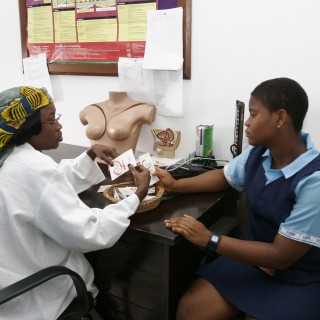
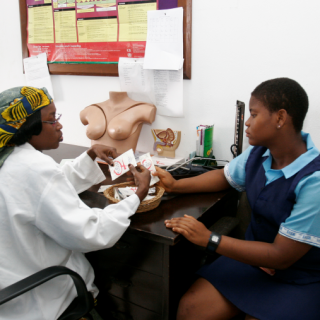

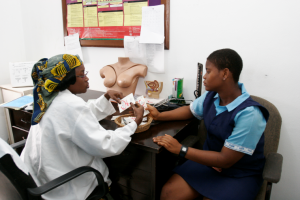
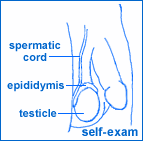
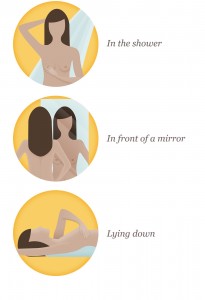
You must be logged in to post a comment.